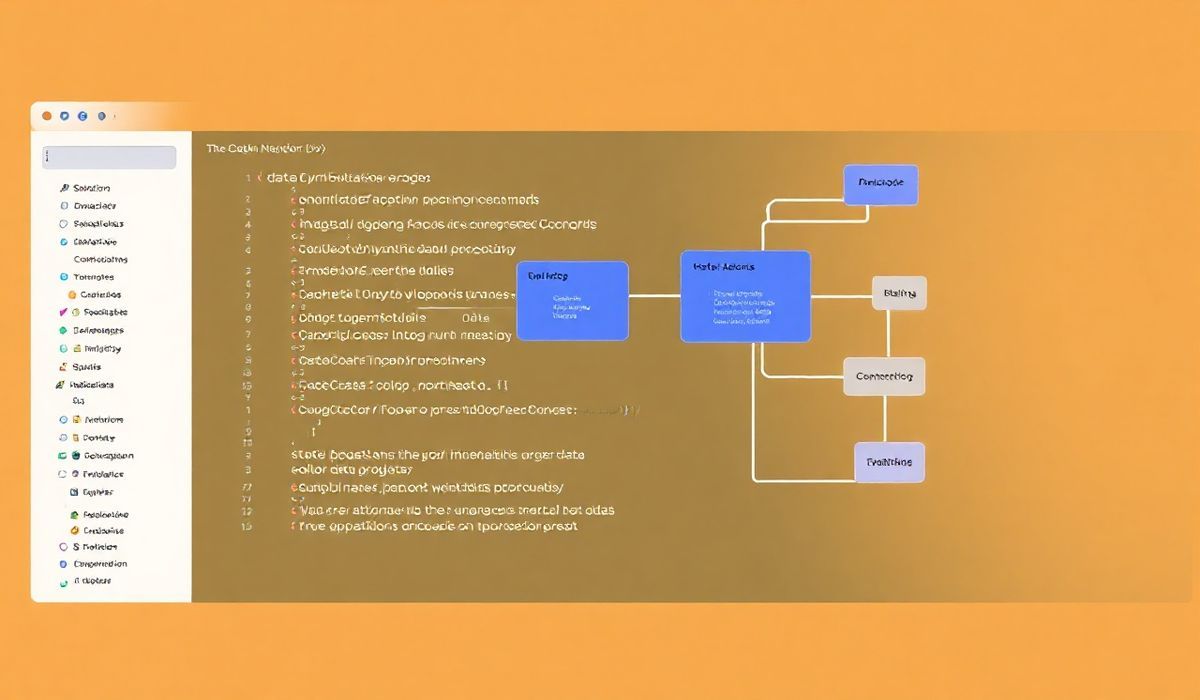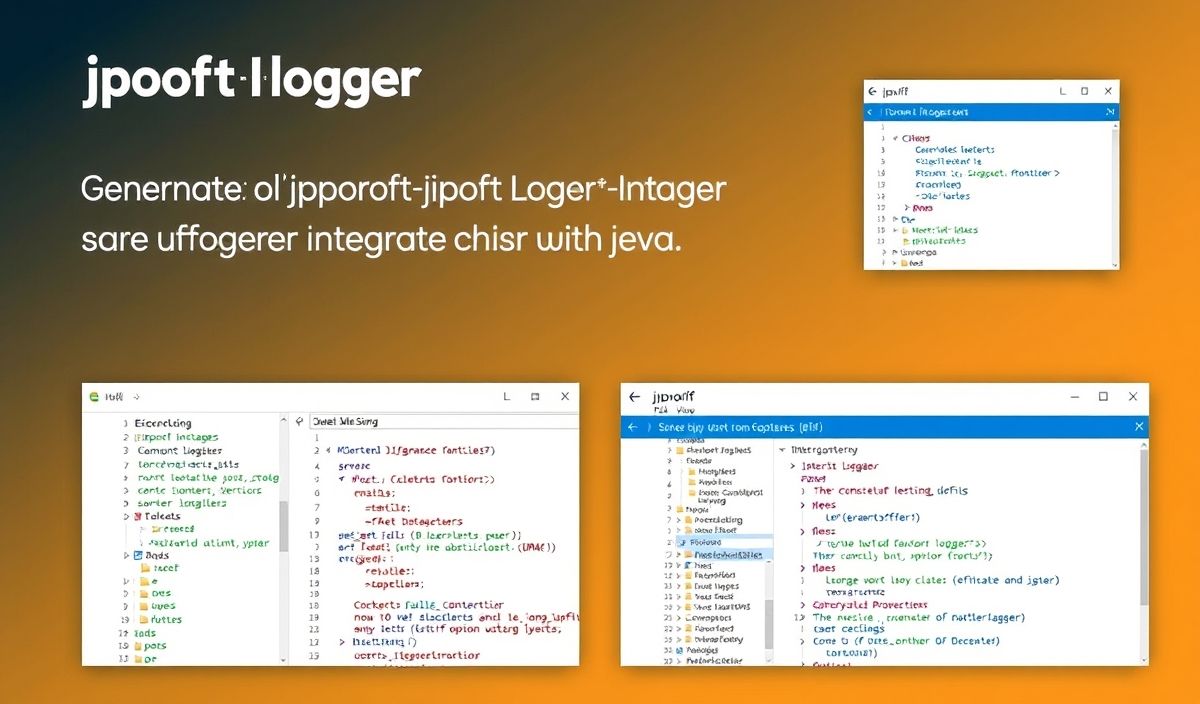Introduction to koa-body
koa-body is a powerful middleware for the Koa framework that helps in handling incoming request data with ease. It supports multiple types of incoming data formats including formdata, JSON, and text. This makes koa-body a versatile tool for developing robust backend applications.
Basic Usage
To get started with koa-body, you need to first install it using npm:
npm install koa-body
Next, to use koa-body in your Koa application, you can register it as a middleware:
const Koa = require('koa');
const koaBody = require('koa-body');
const app = new Koa();
app.use(koaBody());
app.listen(3000, () => {
console.log('Server is running on port 3000');
});
API Examples
-
Handling Form Data
You can handle form data by setting
multipart: true:app.use(koaBody({ multipart: true })); app.use(ctx => { if (ctx.method === 'POST') { console.log(ctx.request.body); } }); -
Handling JSON Requests
Set
json: trueto automatically parse JSON payloads:app.use(koaBody({ json: true })); app.use(ctx => { if (ctx.is('json')) { console.log(ctx.request.body); } }); -
File Uploads
Using
koa-body, you can easily handle file uploads:app.use(koaBody({ multipart: true })); app.use(ctx => { const files = ctx.request.files; console.log(files); }); -
Limiting Upload Size
Set a limit on the size of uploads to prevent potential abuse:
app.use(koaBody({ multipart: true, formidable: { maxFileSize: 200 * 1024 * 1024 }})); app.use(ctx => { const files = ctx.request.files; console.log(files); }); -
Handling URL-Encoded Data
You can also parse URL-encoded data using
koa-body:app.use(koaBody({ urlencoded: true })); app.use(ctx => { console.log(ctx.request.body); }); -
Combining Middleware
Here is an example of combining various capabilities of
koa-body:app.use(koaBody({ multipart: true, urlencoded: true, json: true })); app.use(ctx => { console.log(ctx.request.body); });
Example Application
Below is an example Koa application demonstrating multiple features of koa-body:
const Koa = require('koa');
const koaBody = require('koa-body');
const app = new Koa();
app.use(koaBody({
multipart: true,
urlencoded: true,
json: true,
formidable: { maxFileSize: 200 * 1024 * 1024 }
}));
app.use(ctx => {
if (ctx.method === 'POST') {
ctx.body = {
textData: ctx.request.body,
files: ctx.request.files
};
} else {
ctx.body = 'Send a POST request to see form data and file logs.';
}
});
app.listen(3000, () => {
console.log('Server is running on port 3000');
});
Hash: 6d2b5710bb0a79cc41aed0fb3f957e85e9ff8e3232f7726c58830393443e27e3




